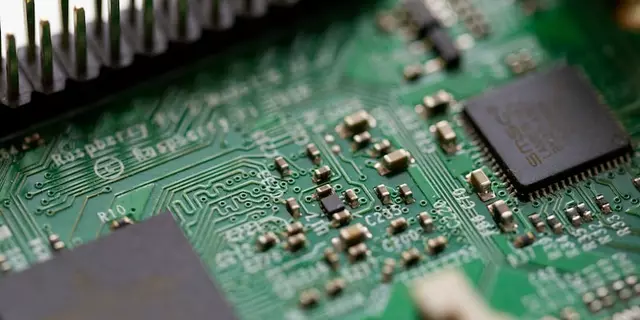Technological Singularity: What It Is and Why It Matters
When people talk about the "technological singularity" they usually mean a point when machines get so smart that they start improving themselves faster than humans can keep up. Think of it like a snowball rolling down a hill – once it gets big enough, it just keeps growing. This idea sounds wild, but it’s based on the fact that computing power and AI algorithms have been getting faster at an exponential rate.
How the Singularity Happens
The key driver is exponential growth. Over the past few decades, processing speed, data storage, and algorithmic tricks have doubled roughly every few years. When those improvements combine with AI that can write better code, design better hardware, and even discover new science, the cycle speeds up. Imagine an AI that writes a new AI that’s a little smarter, and that new AI writes another even smarter one – the progress can explode.
People who study the trend point to three signs that we might be heading toward a singularity: 1) AI beating humans at more complex tasks, 2) machines creating new hardware without human design, and 3) software that can rewrite its own code safely. We already see AI beating humans at games like chess and Go, and newer models can write essays, code, and even art. That’s a glimpse of what could happen when the technology keeps scaling.
What It Means for You
For most of us, the singularity isn’t something that will happen overnight. It’s more like a gradual shift that will change how we work, learn, and solve problems. In the near term, AI tools can automate boring tasks, help doctors diagnose diseases faster, and power smart assistants that understand context better. Those benefits arrive now, and they’re a small taste of the larger change.
When the singularity does arrive, the biggest impact will be on decision‑making. Machines could suggest policies, design cities, or even manage financial markets with near‑perfect precision. That could free people to focus on creativity, relationships, and pursuits that machines can’t replicate. On the flip side, it raises questions about control, fairness, and privacy. If a super‑intelligent system decides what’s best for everyone, we need safeguards to keep it aligned with human values.
One practical step you can take today is to stay curious about AI tools in your field. Try a free AI writing assistant, explore a no‑code platform, or follow a few reliable tech news sites. Understanding how these tools work gives you a head start when they become more powerful.
Another tip is to develop skills that are hard to automate: empathy, storytelling, complex problem‑solving, and interdisciplinary thinking. Those abilities will still be valuable even if machines can crunch numbers faster than any human.
Finally, consider the ethical side. When you use an AI service, ask where the data comes from and how the model was trained. Small choices now can shape the kind of technology that will dominate later.
Bottom line: the technological singularity is a future scenario driven by rapid AI and hardware advances. It won’t happen tomorrow, but the trends are clear. By learning about current AI tools, building irreplaceable human skills, and thinking about ethics, you can stay ahead of the curve and help guide the future in a direction that benefits everyone.
Could quantum computing cause a technological singularity?
Quantum computing has the potential to revolutionize the way we use technology. It has the ability to process complex calculations in a fraction of the time that traditional computers require. This could lead to a 'technological singularity' - the point where technology becomes so advanced it surpasses human intelligence. Quantum computers have the potential to solve problems that are too complex for even the most powerful supercomputers. Scientists are researching ways to use quantum computing to solve problems in healthcare, finance, and cybersecurity. If successful, this could lead to a new era of technological advancement.





